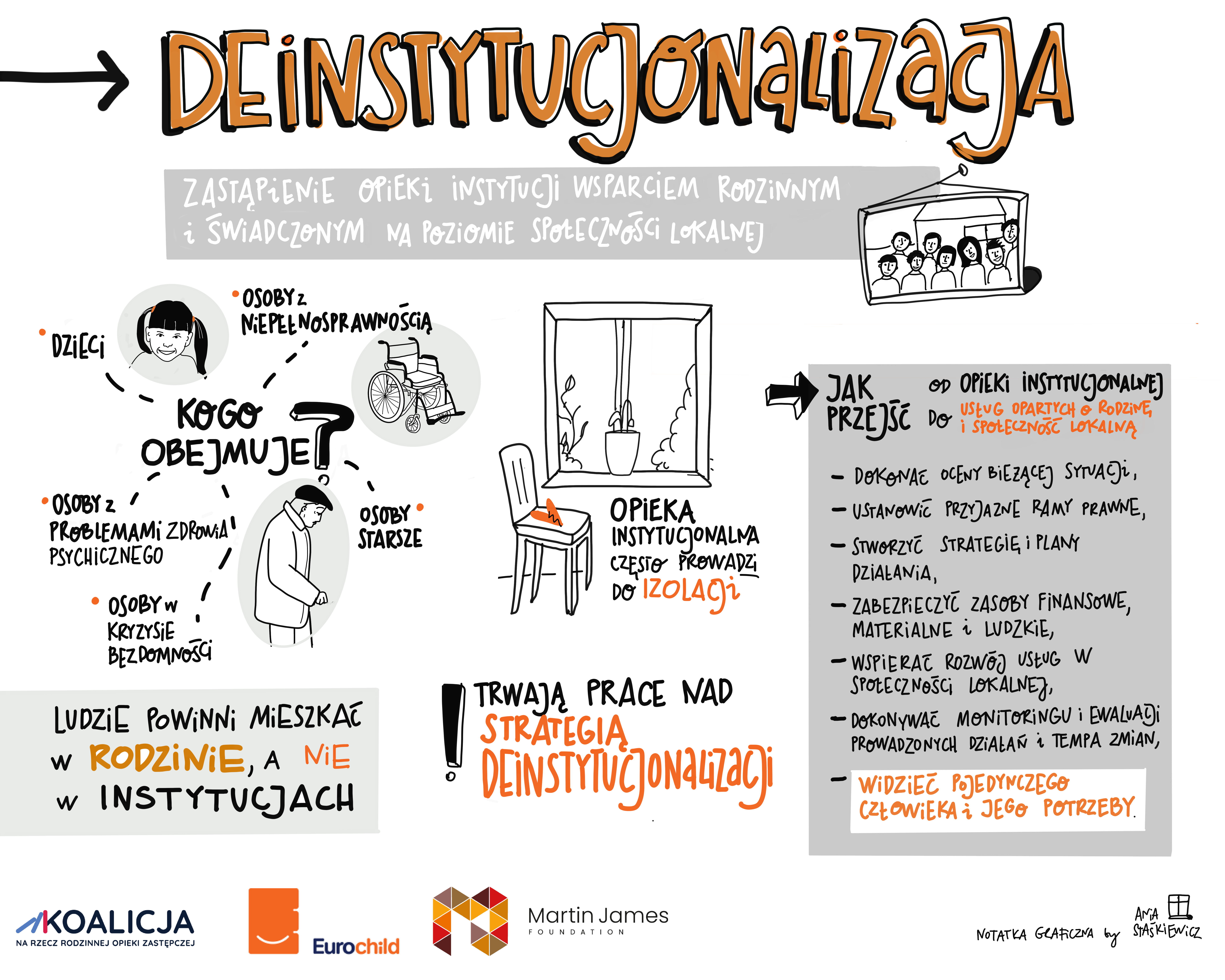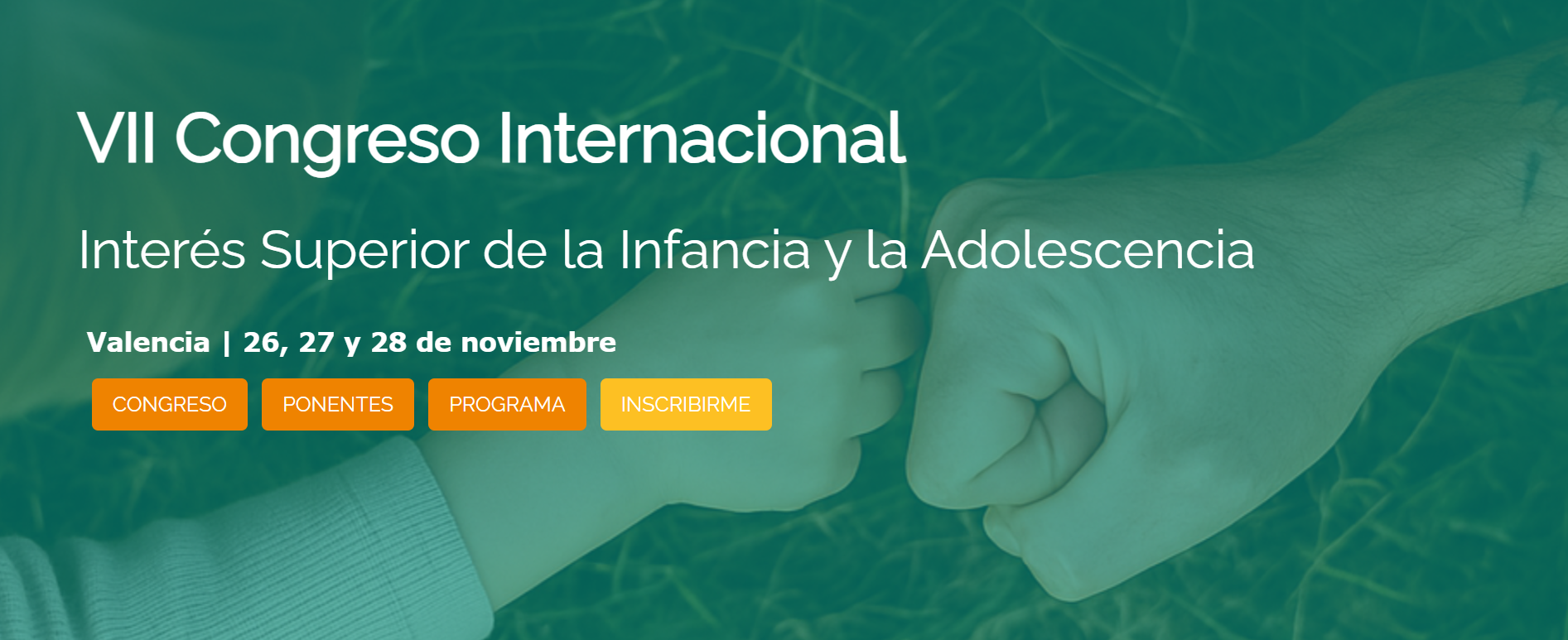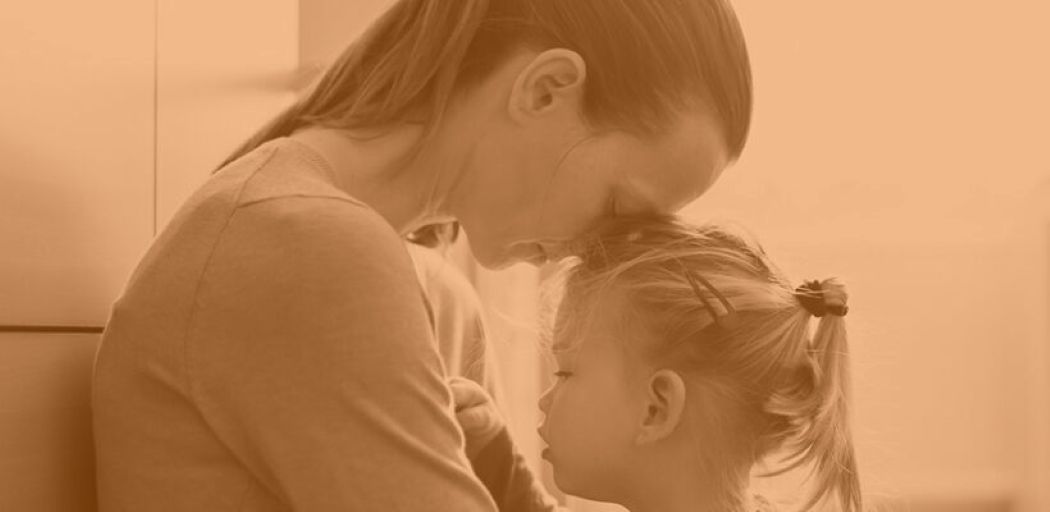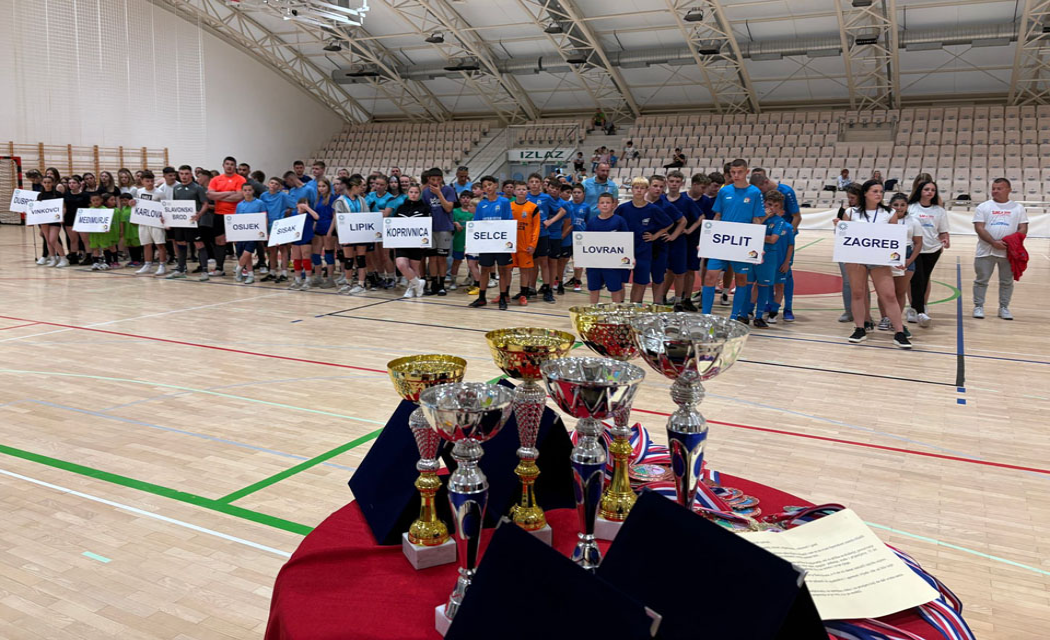Children in Alternative Care - Eurochild’s achievements in 2020
Children growing up in alternative care were particularly vulnerable during the COVID-19 pandemic. Working with members, we drew attention to their situation and the interventions needed to support them. Thanks to a partnership with the Martin James Foundation we supported our members in Greece, Poland and Croatia to push for national child protection reforms. Together with partners we examined aftercare policies for care leavers in Europe, with over 300 participants attending the final conference. We continued our advocacy towards the EU institutions to ensure the next EU budget prioritises deinstitutionalisation. And in partnership with UNICEF Europe and Central Asia Office, we began mapping how European countries collect and publish data on children in alternative care, involving over 50 national experts across 28 countries.
Advocating for Children in Alternative Care
Eurochild has advocated for ending institutional care and reforming child protection systems for over ten years. We contribute to change by:
- leveraging EU influence for policy change at (inter)national level through our work in the European Expert Group on Deinstitutionalisation and with civil society partners
- facilitating national child protection reforms and exchange and learning among Eurochild membership (with the Martin James Foundation)
- building the evidence base, for example our DataCare Project (with UNICEF ECARO)
- improving services for children and young people ageing out of care (via the CarePath project, funded by the EU’s Rights, Equality and Citizenship Programme)
The impact of the COVID-19 crisis was felt just as keenly, if not more so, by children in alternative care. Re-institutionalisation and significant delay to further transition from institutional to community- and family-based care was recorded in several countries. It is estimated that the number of children entering alternative care will grow, in some countries such as Greece, Hungary, Romania and Slovakia by as much as 30%.
In response, we re-focused our work to better support our members:
- We introduced the capacity building webinars, co-led by members, to provide a space for mutual learning and exchange.
- We shifted the focus of our annual European Semester report to assess the impact of the pandemic on children, including children in alternative care. We used the analysis featured in the “Growing up in lockdown: Europe’s children in the age of COVID-19” report to inform the development of the new EU Recovery and Resilience Facility.
- We raised the alarm for children in residential care and contributed to shape European policies in response to the pandemic.
Our achievements
- The EU budget will support children in care, thanks in part to our advocacy efforts. This means, among other things, EU money can no longer be used to develop institutional settings. Learn more here.
- Our conference on Aftercare for Care Leavers: Learning lessons from across Europe, hosted online in October, reached over 300 participants & 6,000+ livestream views.
- We provided tailored technical assistance to members: FICE Croatia, Roots Research Center Greece and Polish Foster Care Coalition, to support countries lagging behind in deinstitutionalisation reforms and the development of family-and community-based care services.
- We amplified the voices of our members throughout the year, including care leavers themselves by providing capacity building webinars including mutual learning and best practices sharing.
- We began our DataCare Project together with UNICEF ECARO and over 50 national experts to map how EU Member States (plus the UK) collect data on children in alternative care and make the case to the EU to monitor comparable indicators for children in alternative care.





